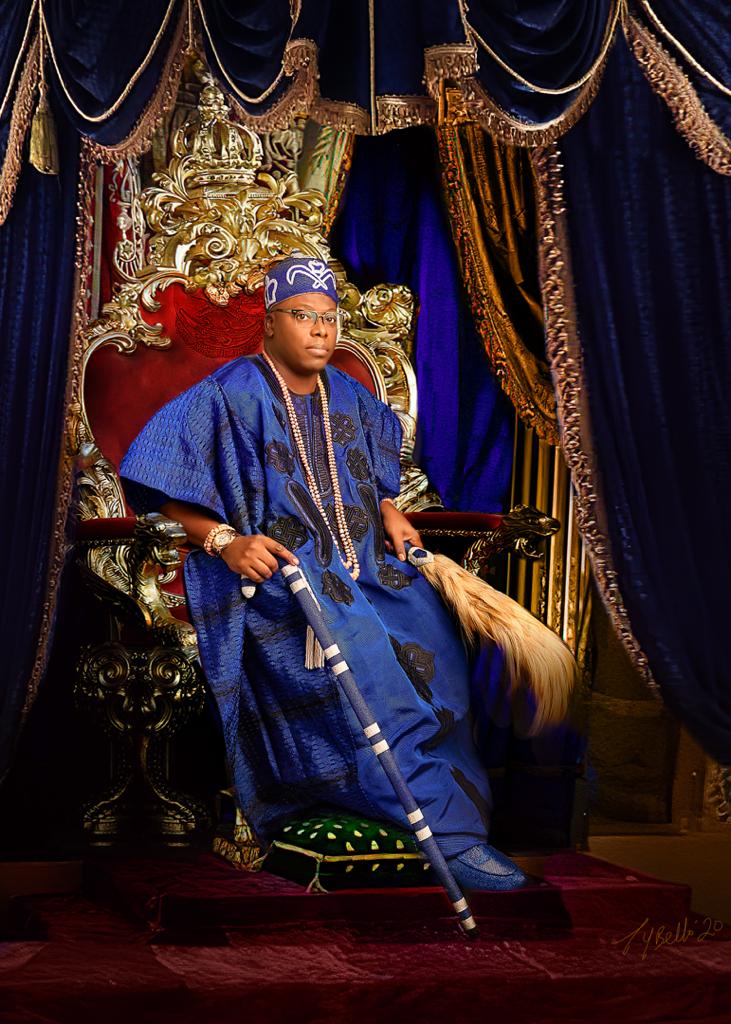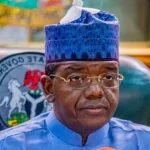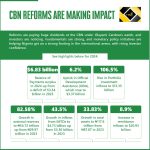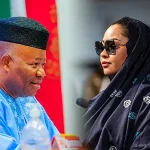...To get all news updates, Join our WhatsApp Group (Click Here)
Also Join our WhatsApp Channel (Click Here)
HRM Abisogun II foundation for peace and development (HAIIF) is a private, Independent, Non-partisan and non-religious organization, established to contribute to the sustainable development of the Iru kingdom and Lagos state at large.
The Foundation, therefore, seeks to empower sons and daughters of the Kingdom as well as other well-meaning Lagosians especially young people and women; to contribute meaningfully to the growth and development of the State and country.
Through carefully designed social interventions, innovative projects unique to the kingdom, HAIIF will spearhead various multi-stakeholder partnerships, and champion social causes in select high-impact sectors across the economy.
According to Mrs. Folusho Olaniyan, the project coordinator, she attests to the fact that the project is ongoing and some women have already been empowered in the kingdom.
“Iru empowerment project is set to empower 2000 women in our kingdom in the next one year, but have started already with 32 women. And already tracking and monitoring the process of empowered women.”
“We are running the project on a partnership drive. We have received a lot of positive responses from private organizations and individuals who key into the project. So we are going to disburse on a quarterly base so we are dependent on the ability of the press to propagate the message to enable more people to lash on this project so we can achieve the 2000 women as projected this time next year.”
The HAIIF Foundation for Women’s Empowerment seeks to empower women and help them thrive both on the personal and professional levels, regardless of nationality, religion, and political affiliation. Since women represent about half of the world population, the more we help them, the better our whole world will be!
We plan to help women reach their fullest potential and achieve their personal best by identifying the challenges they face, providing relevant immediate solutions, and creating and implementing action plans via our Steering Committee, in addition to Leadership Committees for Women’s Empowerment, Executive Teams, and Support Committees that we set up.
Some of its key initiatives include Women and Youth capacity building, Tourism and Development via its beautiful Oniru Beach, Climate Leadership, Wellbeing and sustainable livelihood amongst its people in the community, Health and thought leadership which is one of the key factors that His royal Majesty have been known for and lived all his life.
In just two months, precisely July 26, 2020, the foundation launched its Empowerment Hub Pilot project by supporting 32 women with seed funding of 50,000 each to start trading in agro produce. And the beneficiaries were also supported with entrepreneurial skills and training by experienced mentors, while also the team had already put in place a tracking and monitoring scheme to evaluate the growth of the seed funds.
The foundation also promises to conduct quarterly recruitment of more beneficiaries with a regular convergence of different stakeholders particularly the business community within the Iru Kingdom to identify constraint to ease of doing business.
According to His Royal Majesty Oba Abdulwasiu Omogbolahan Lawal, Abisogun II, whose style of leadership has always been to seek feedback, He promises to make the project a laudable one and also wishes that other Kings and Community leaders will follow the same step.
“I always try to avoid the predict-and-provide theory or syndrome in all leadership positions I have occupied. This is why before I set out to implement any policy, program, or project; I ensure stakeholders’ feedback is sought, hence this engagement.”
By: Sunday Adebayo.
You can get every of our news as soon as they drop on WhatsApp ...To get all news updates, Join our WhatsApp Group (Click Here)
Also Join our WhatsApp Channel (Click Here)
















